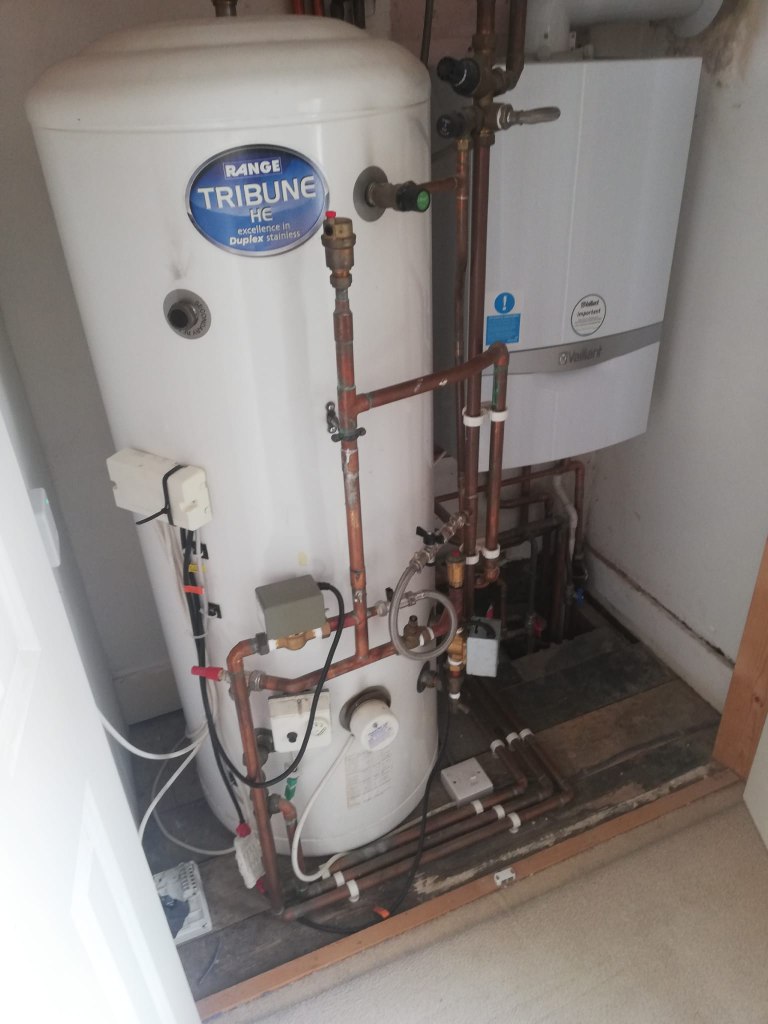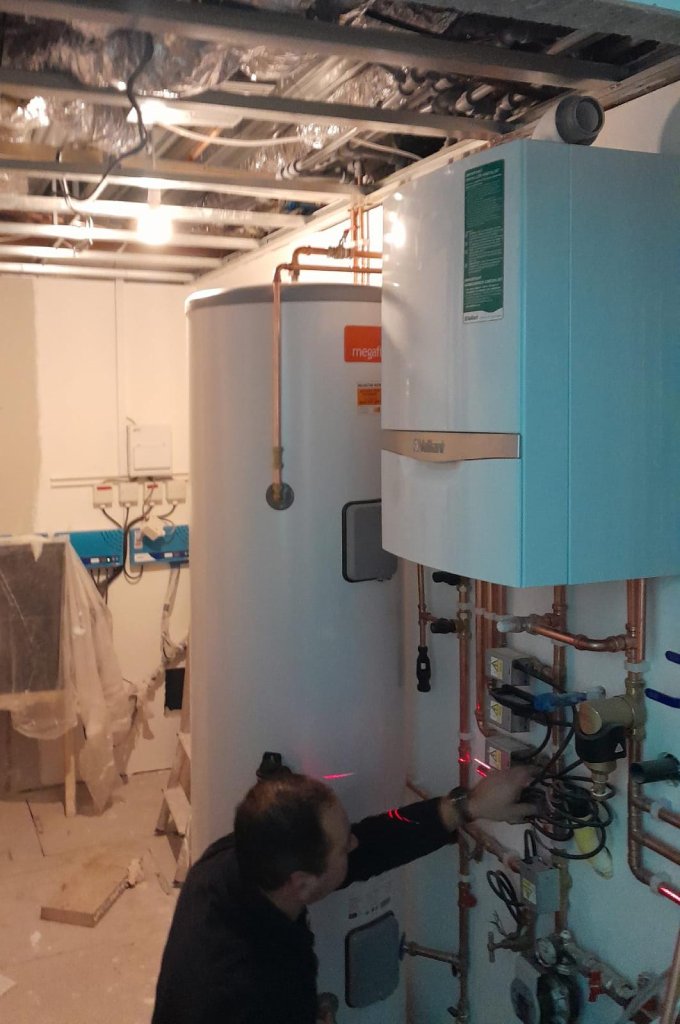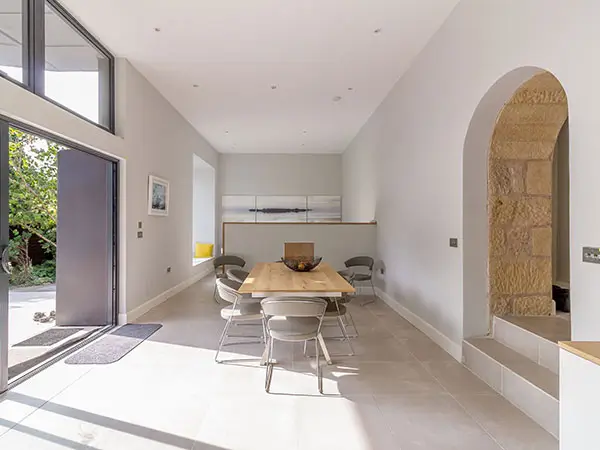In recent years, there has been growing concern over the impact of fossil fuels on the environment and the urgent need to transition to more sustainable energy sources. As part of this effort, the UK government has announced a ban on gas boilers in new homes from 2025, with the aim of reducing carbon emissions and improving air quality.

But what does a ban on gas boilers mean?
The ban on gas boilers means that from 2025, new homes will no longer be able to install traditional gas boilers for heating and hot water. Instead, they will have to use low-carbon heating systems such as electric boilers, heat pumps or hydrogen boilers, which produce much lower carbon emissions.
This ban only applies to new homes, so if you already have a gas boiler, you won’t be required to replace it. However, the government is encouraging homeowners to switch to more sustainable heating options in order to reduce their carbon footprint and save money on energy bills.
Why is the ban necessary?
The UK has set a target of achieving net-zero carbon emissions by 2050, which means that we need to drastically reduce our carbon footprint in all sectors, including housing. Heating and hot water for homes are responsible for around 14% of the UK’s carbon emissions, with the majority of homes currently relying on gas boilers.
Gas boilers are a significant source of carbon emissions, as they burn fossil fuels to produce heat. By switching to low-carbon heating systems, we can significantly reduce our carbon footprint and move towards a more sustainable future.

What are the alternatives to gas boilers?
There are several low-carbon heating options available, including electric boilers, heat pumps, hydrogen boilers, and district heating systems.
- Electric boilers work by using electricity to heat water for the home. These boilers are can be expensive to run but they are generally reliable and are appropriate for the majority of new builds and renovations which don’t have a suitable location for a heat pump or the infrastructure for hydrogen or district heating systems.
- Heat pumps work by extracting heat from the air or ground outside your home and using it to heat your home and hot water. They are very efficient and produce much lower carbon emissions than gas boilers. While they can be expensive to install, they can save you money on your energy bills in the long run.
- Hydrogen boilers work in a similar way to gas boilers, but they burn hydrogen instead of natural gas. Hydrogen is a much cleaner fuel than natural gas, as it only produces water and heat when burned. However, there is currently limited infrastructure in place to produce and distribute hydrogen on a large scale, so this option is still in development.
- District heating systems involve using a central boiler to provide heat and hot water to multiple buildings in a local area. The boiler can be powered by low-carbon sources such as biomass or waste heat from industrial processes. District heating systems are already in use in some parts of the UK and can be an effective way to reduce carbon emissions.
What can homebuilders and homeowners do to prepare for the ban?
If you are building a new home which will complete in 2025, it’s important to plan ahead and consider low-carbon heating options from the outset. Zebra Property can advise on your options here.
However, if you have a gas boiler already, or are installing one before 2025 there is no requirement to upgrade and with regular maintenance a new boiler can heat your home for many years.





